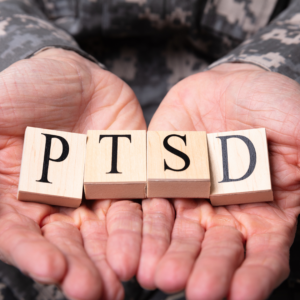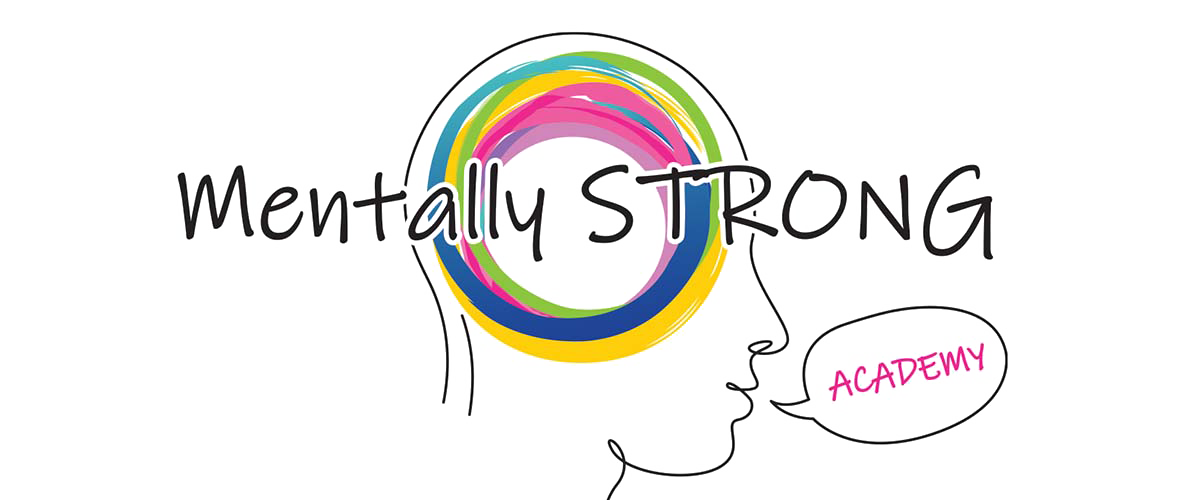How to Tell if You Have PTSD According to the DSM-5
PTSD, or post-traumatic stress disorder, is a serious mental health condition that can occur after a person has been through a traumatic event. The event could be something like a natural disaster, a car accident, a terrorist attack, or any other type of violent or life-threatening incident. Though it’s often associated with military veterans, PTSD can affect anyone who has been through a traumatic event.
According to the Diagnostic and Statistical Manual of Mental Disorders (DSM-5), three main types of trauma can lead to PTSD: exposure to the trauma, indirect exposure to the trauma, and intrusive experience.

Exposure to the Trauma
One of the most common ways people develop PTSD is by being directly exposed to a traumatic event. This means they were present during the event and witnessed it happening firsthand. For example, someone who was in the World Trade Center on 9/11 or in New Orleans during Hurricane Katrina would likely fall into this category.
Indirect Exposure to the Trauma
You don’t have to be present during the traumatic event to develop PTSD. People who were indirectly exposed to the trauma can also develop the condition. This might include first responders who were not present during the actual event but responded afterward to help with clean-up or rescue efforts. It could also include people who watched news coverage of a traumatic event or who saw graphic images related to the event.
Intrusive Experience of the Trauma
PTSD can also occur when people have an intrusive experience related to the trauma. This might include having recurrent and intrusive memories of the event, having nightmares about the event, or reliving the experience through flashbacks or dissociative episodes. People might also avoid anything that reminds them of the trauma or numb their emotions as a way of coping.
If you’ve been through a traumatic event, it’s essential to be aware of these three types of traumas that can lead to PTSD. If you’re experiencing any of these symptoms, it’s important to seek professional help so you can get treatment and start on your road to recovery.
PTSD is a serious mental illness that can occur after exposure to a traumatic event. If you think you might have PTSD, it’s essential to seek professional help as soon as possible. A mental health professional can assess your symptoms and provide you with an accurate diagnosis. Treatment for PTSD typically includes some combination of medication and therapy; however, everyone is different, so be sure to work with your treatment team to figure out what works best for you.


